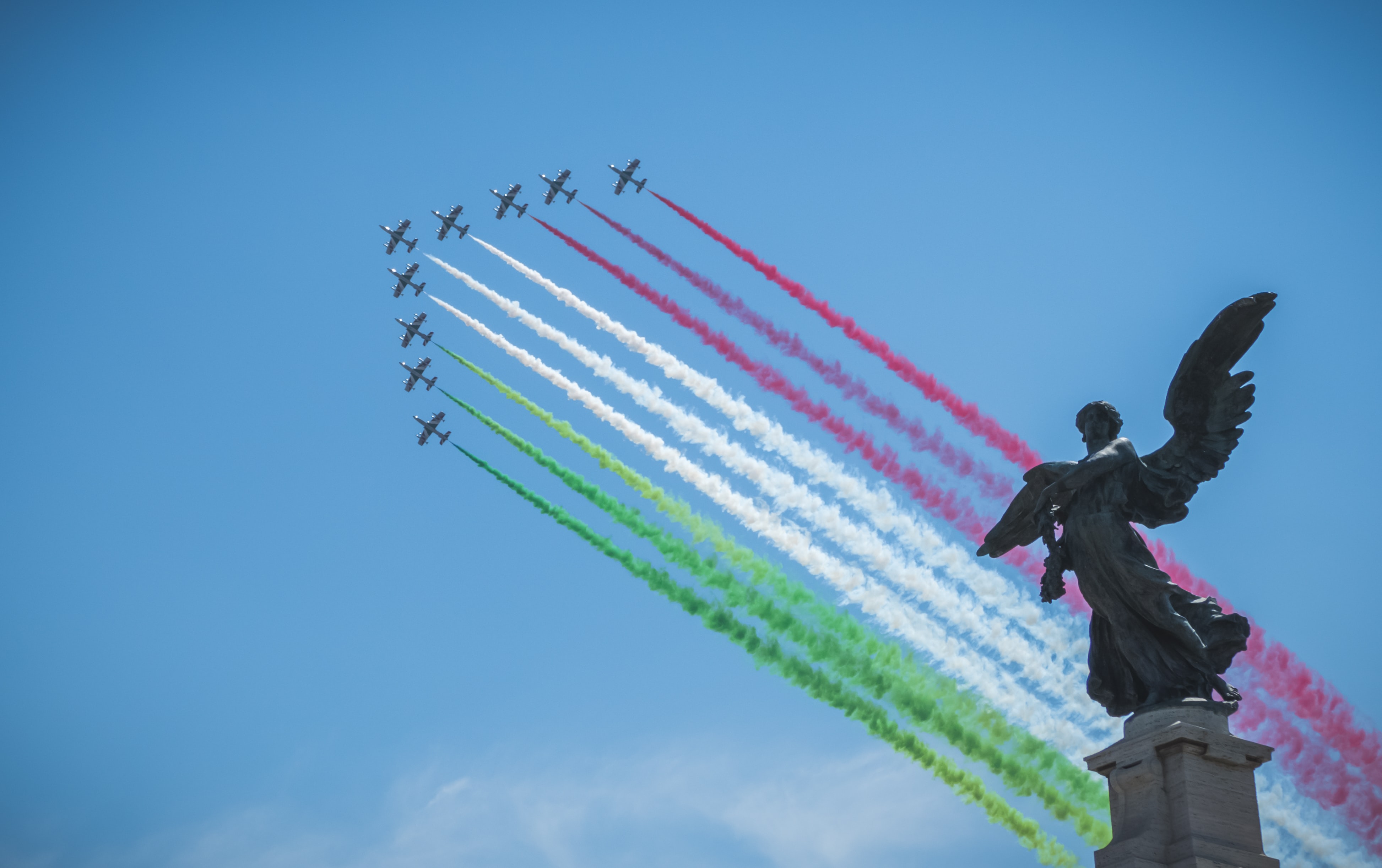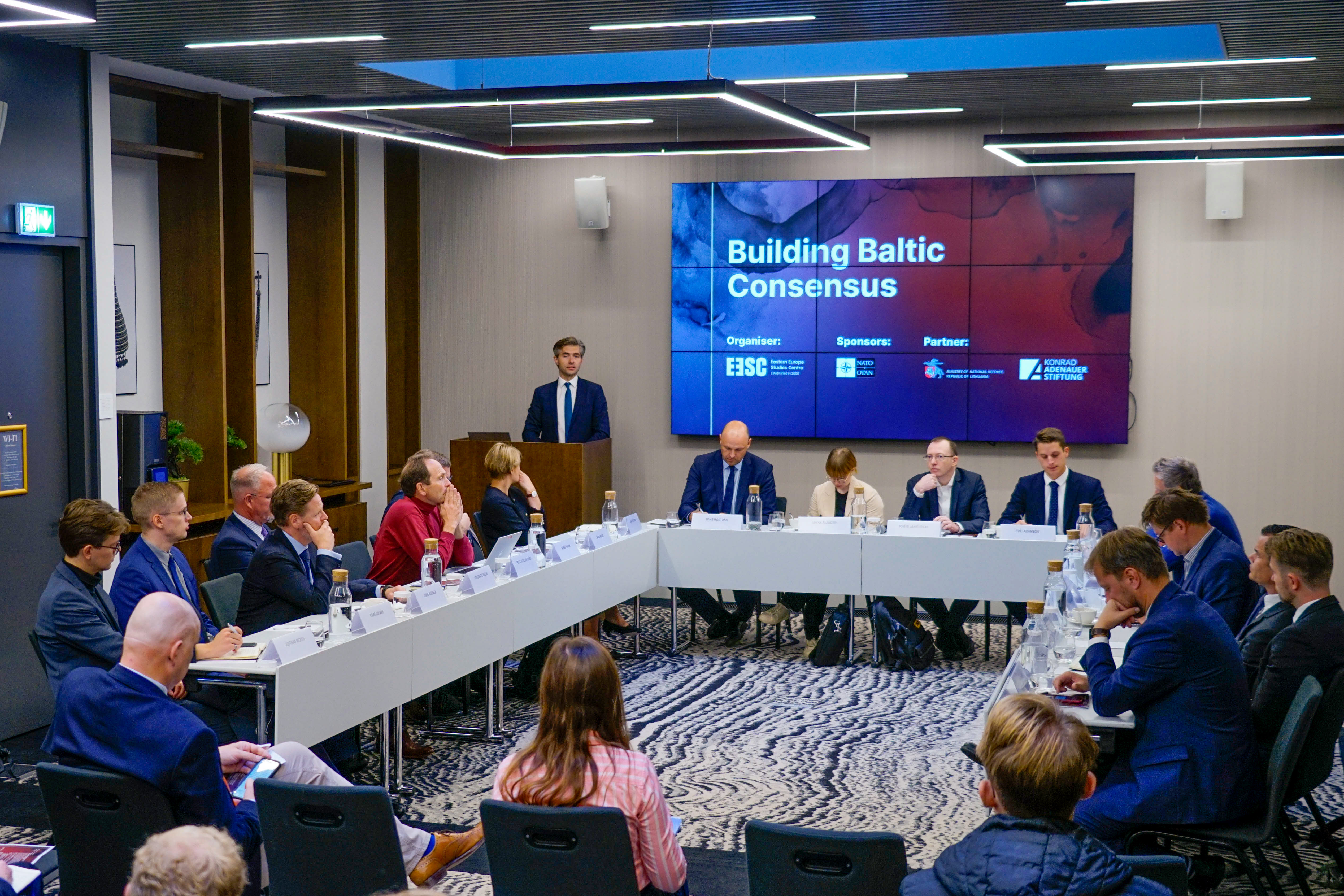About the author: Marc Lanteigne is an Associate Professor of Political Science at UiT, the Arctic University of Norway (Tromsø). His research areas include international security studies, Chinese foreign policy, including Sino-European relations, and comparative political economy.
For the last quarter-century, one of the defining traits of political life in Belarus was the perceived resistance to change. As other post-Soviet Republics faced civil disruption, some even to the level of populist revolts, such as in Georgia and Ukraine, the authoritarian government of President Alyaksandr Lukashenka appeared, for years, to be unassailable. Despite attempts at bottom-up political modernisation, such as the luckless 2006 ‘Denim Revolution’, and protests and police crackdowns over the rigged elections four years later, Mr. Lukashenko appeared to have mastered the delicate art of regime survival.
The spiralling events following the 9 August elections in Belarus, including the implausible official results of the vote, the organisation of opposition forces and protests, and mass arrests and human rights abuses, have put paid to that assumption. However, one side effect of the demonstrations against Mr. Lukashenka has been the renewed exposure of Belarus as a geopolitical crossroads between great powers. While it is unlikely that the aftermath of the protests will see a radical shift in the country’s foreign policy orientation, it is equally improbable that no change at all will be seen in this area. The country’s location, within a widening political divide between Moscow and the West, as well as its ‘gateway’ status within Eurasia, has meant that other major actors also have an emerging stake in the outcome of the Belarusian crisis.
Russia is the country widely (and correctly) seen as having the most to either gain or lose from the events in Belarus, but some degree of rescue by the Vladimir Putin government should not necessarily be anticipated. Despite more than two decades of close political ties between Minsk and Moscow, strains in the relationship are not difficult to find now. Mr. Lukashenka’s opposition to Russian calls for deepening ties under the 1999 ‘Union State’ agreement, ongoing disputes over oil subsidies, and recent attempts by Belarus to expand its foreign contacts by improving links with both the United States and China, have resulted in a much chillier bilateral relationship. This contributed to the initially tentative Russian response to the Belarusian protests, despite concerns about the possibility of a successor government, possibly helmed by exiled opposition leader Sviatlana Tsikhanouskaya, becoming more Western in orientation.
A crucial factor in explaining Moscow’s restraint vis-à-vis its neighbour has been the efforts of the protestors to keep their grievances strictly domestic: calling for the immediate ouster of Mr. Lukashenka, the restoration of democratic institutions, and the revival of the stagnant Belarusian economy. No European Union flags have been mixed in with the white-red-white of opposition protest banners, and placards denouncing Russia are conspicuously absent amidst the demonstrators. This situation has arguably eased pressure on the Russian government to directly intervene in the short term. Direct (or indirect) Russian military intervention would be perilous and costly, as the Putin government can ill-afford negative international scrutiny during Moscow’s recent endeavours to address the economic ‘double shock’ of the pandemic and collapsed energy prices. Moreover, by late this year, Moscow was faced with other crises on its periphery, including anti-Kremlin protests in the Far East region of Khabarovsk, and a renewal of hostilities between Armenia and Azerbaijan in Nagorno-Karabakh.
At present, Moscow may consider that it has potentially more to gain by simply waiting out events in Belarus. Two possible outcomes under that scenario would be the potential inability of Mr. Lukashenka to retain power, in which case Russia would wish to be in the best position to help shape the next government in Minsk, or that the protests falter, or are subdued, in which case Moscow would be dealing with a weakened, and much more malleable, Lukashenka regime.
Russian responses, or lack thereof, are almost certainly on the minds of European Union governments, which have been seeking to construct a united front calling for a peaceful and democratic change in Minsk. However, one card which Mr. Lukashenka has repeatedly played since the election protests began has been to paint the opposition as being ‘sheep’ under the influence of foreign interests. Accordingly, Europe has sought to avoid inflating the perception that another ‘colour revolution’ is being forced. The response from EU governments has been to tread softly: sending a strong signal that the August vote was neither free nor fair, while being conservative with sanctions and directing them at Mr. Lukashenka only in a measured fashion. In balancing carrots and sticks, EU governments, including those in the Baltics, have all offered to mediate, but it has repeatedly been made clear by the Belarusian government that such efforts are not appreciated. Despite Russian warnings about EU intervention in the Belarusian crisis, there was a concerted effort in Europe to avoid giving the impression that Moscow should be frozen out of any attempts at arbitration.
Europe’s taking of the lead on Belarus is highlighted by the near-complete absence of Washington since the protests began. Save for anodyne statements by the US State Department pointing to ‘serious flaws’ in the August election and calling upon Minsk to ‘actively engage Belarusian society’, there have been no serious discussions about intervention or mediation. This silence may reflect ongoing attempts by the US government to avoid antagonising Russia and to avoid entanglements in foreign crises during an election year. However, considering that earlier this year, the United States was preparing to send its first ambassador to Minsk since 2008, and discussions had been underway regarding improving economic links, the current non-response by Washington has further demonstrated the degree to which American influence in the region has declined.
Overshadowed in much of the debate about the geostrategic shifts surrounding Belarus has been China, with Beijing seeking to develop Belt and Road Initiative (BRI) partnerships with Minsk, aided by the reputation of Belarusian politics, until now, as being stable and predictable. Various economic links, including an October 2019 Chinese loan of US$500 million to Minsk, and joint development of the Great Stone Industrial Park in Belarus, had provided another means by which the Lukashenka government could distance itself from the inexorable financial pull of Moscow. However, Sino-Belarusian economic relationships within the BRI have since been hampered by the slow progress of infrastructure projects and Chinese loans negotiated under opaque conditions.
Beijing sent a congratulatory message to Mr. Lukashenka following the vote, and a PRC Foreign Ministry statement after the vote praised the overall bilateral relationship, but added that, on one hand, China supported the ‘Belarusian people’s choice of development path’, while on the other, noted the ‘complicated factors in the country’s domestic situation’ while denigrating attempts by ‘foreign forces’, to exacerbate the situation. China’s response to events in Belarus has so far consisted of a wait-and see approach, while reflecting concerns that a post-Lukashenka Belarus may be less interested in Chinese investment, either due to a more overt Russian alignment, or an interest in greater diversification of Belarusian trade partners.
Regardless of the endgame of the Belarusian crisis, the events this year have shaken what was previously an ever-predictable part of Europe, and illustrated the geopolitical game which may come about as a result of the country no longer being politically and strategically locked into place.


